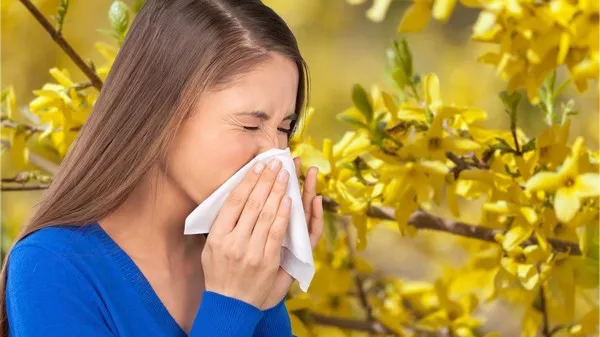Summary: As fall approaches, ragweed allergies are set to peak. Unlike spring, which is dominated by grass and tree pollen, fall is marked by high ragweed pollen counts. William Greisner from Bluegrass Allergy Care forecasts high weed pollen levels due to dry and windy conditions. To manage symptoms, he advises keeping windows closed and avoiding driving with them down. Rain can temporarily reduce pollen but may increase allergen activity, making allergy management more challenging during dry spells.
Key Points:
Fall brings a surge in ragweed allergies.
Dry, windy weather elevates pollen counts.
Keeping windows closed can help mitigate allergy symptoms.
Rain can worsen allergies by encouraging more pollen production.
Advice:
Allergy sufferers should take precautions to minimize exposure, particularly during dry and windy periods, and consider keeping windows shut to prevent pollen from entering homes and vehicles.

